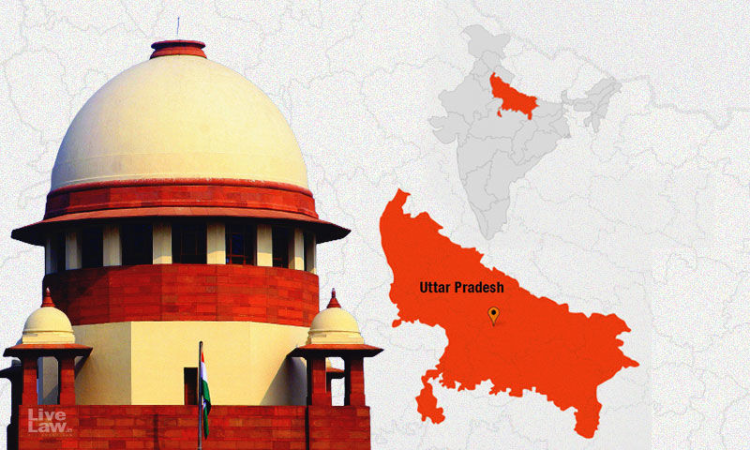"You Are The Complainant, Prosecutor, and Adjudicator": Supreme Court Pulls Up UP Govt. For Acting On Recovery Notices To Anti-CAA Protestors
Mehal Jain
11 Feb 2022 10:49 PM IST

"Now, there is no provision in the new law for the transfer of cases which were decided! And no provision for appeal under the new Act! These poor people, whose properties have been attached, will have no remedy!... You have to follow due process of law. Ultimately, there has to be some guarantee of due process also", said the Court
Next Story


